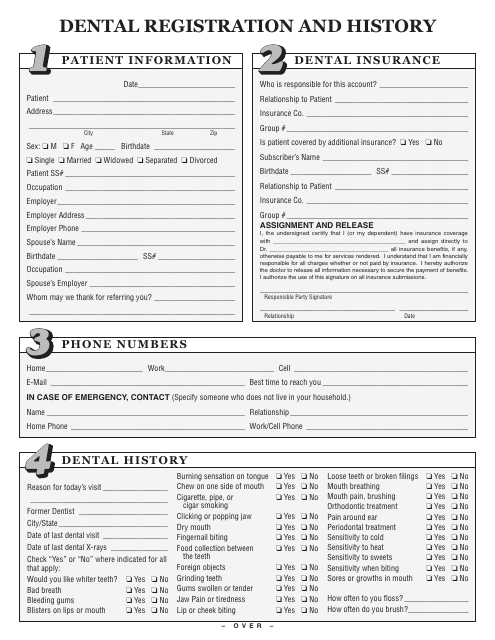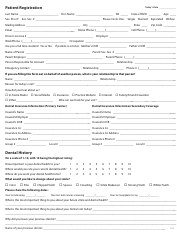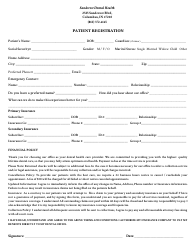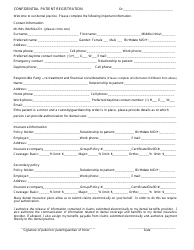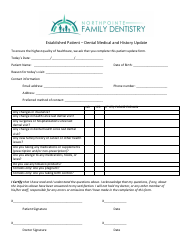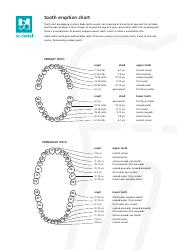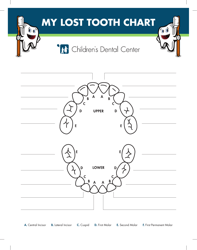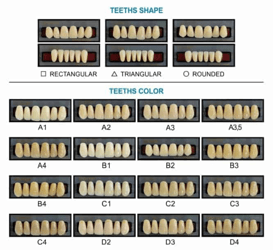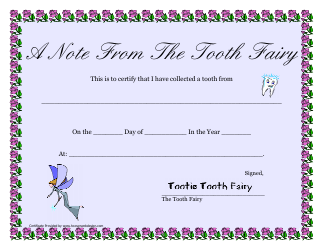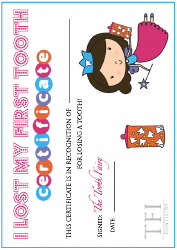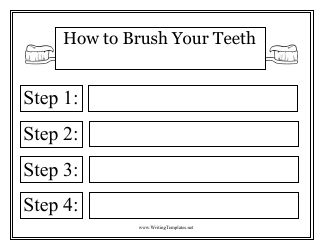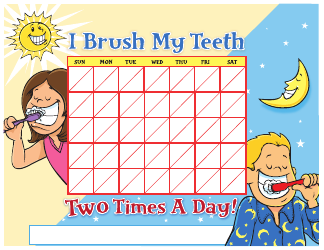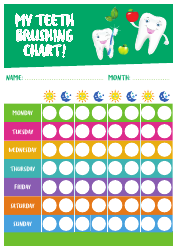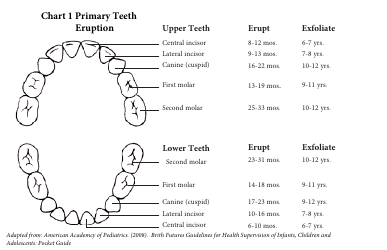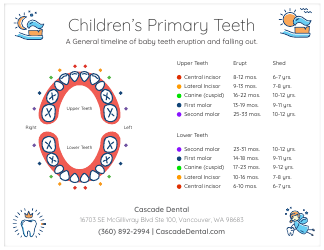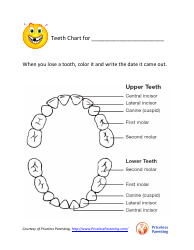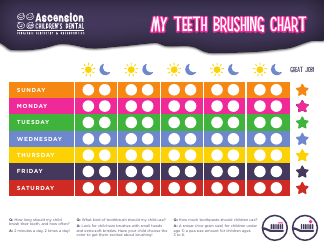Dental Registration and History
Dental Registration and History is a crucial document that records an individual's dental health information. This includes general health history, dental history, present tooth condition, and any ongoing treatments. Its main purposes are:
-
To help dentists create appropriate and personalized treatment plans based on the patient's health conditions and dental history.
-
To identify any allergies to medications or previous negative responses to dental treatment. This minimizes the risk of complications during future visits.
-
It aids in identifying potential oral health problems that can be associated with systemic diseases. For instance, heart disease, diabetes, and certain types of cancer can have oral manifestations.
-
It helps to track the progression and improvement of a patient’s oral health over time.
-
In case of any legal proceedings, these documents act as vital records for both the dentist and the patient.
Protection of such data is imperative as per the healthcare privacy laws like HIPAA in the USA and PIPEDA in Canada.
The Dental Registration and History is typically filed by the patient and their dentist or dental clinic. The patient will provide their personal information, medical history and dental history while the dentist adds the information about any dental examinations, treatments, and plans. It's an essential document to maintain the dental health and it also ensures the dentist has complete information required to provide proper dental care to the patient.
FAQ
Q: What is dental registration?
A: Dental registration refers to the process of listing with a Dentist or a dental practice. This usually involves filling out forms with your personal information and dental history, which allows the dentist to understand your health conditions and previous dental treatments.
Q: Why is dental history important?
A: Knowing a patient's dental history is crucial for the dentist to provide effective and safe dental healthcare. They can understand previous treatments, ongoing dental issues, allergies, medications in use and general health issues that could impact dental treatment.
Q: What does a dental registration form include?
A: A dental registration form typically includes information such as the patient's name, date of birth, contact information, emergency contact, dental insurance details, previous dental treatments, existing dental problems, allergies, current medications being taken, and medical history.
Q: How is dental history recorded?
A: Dental history is generally recorded through forms filled out by the patient which detail their past dental treatments, any existing dental issues, oral hygiene habits, and general health conditions. Some dental practices may also use digital tools for better storage and accessibility of these records.
Q: Do dental offices share medical records?
A: Dental offices may share medical records with other healthcare providers as necessary for patient care and with the consent of the patient. However, they are obliged to maintain patient confidentiality as per HIPAA regulations in the USA, PIPEDA in Canada, the Privacy Act 1988 in Australia, and the Personal Data Protection Bill in India.
Q: Can I change my registered dentist?
A: Yes, you are free to change your registered dentist or dental office as you wish. You may need to undergo the registration process again with your new dentist and request for your dental history to be transferred.
Q: How often should I update my dental history?
A: It's recommended to update your dental history whenever major changes occur, such as new medical conditions, surgeries, medications, or allergies. Additionally, during regular dental check-ups, your dentist should update your dental records and history as needed.
